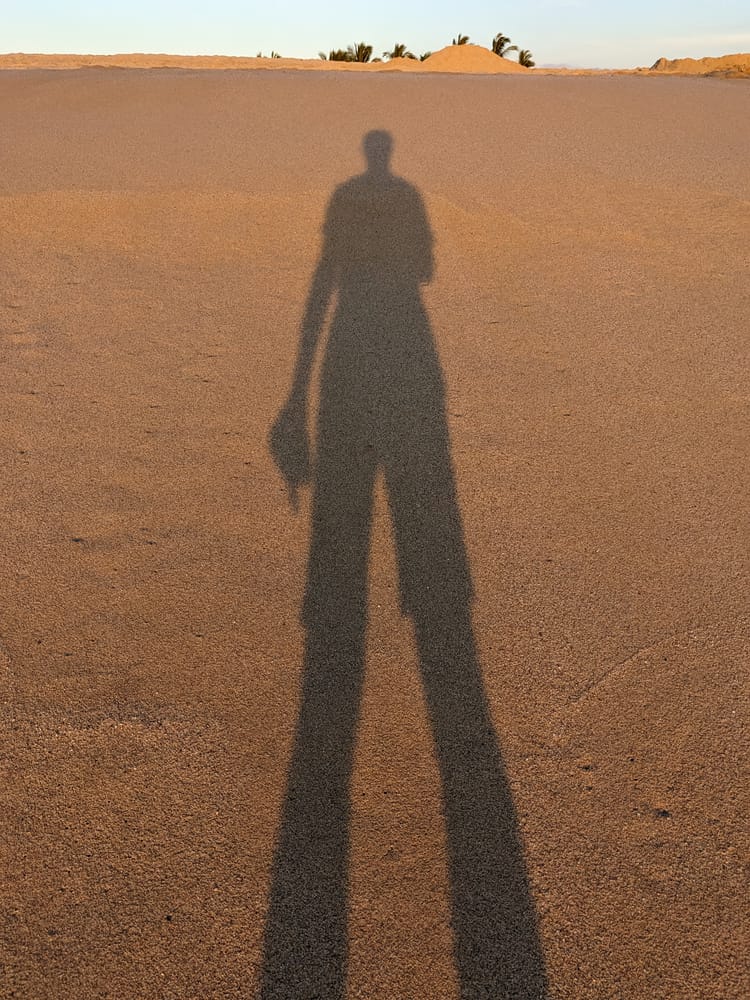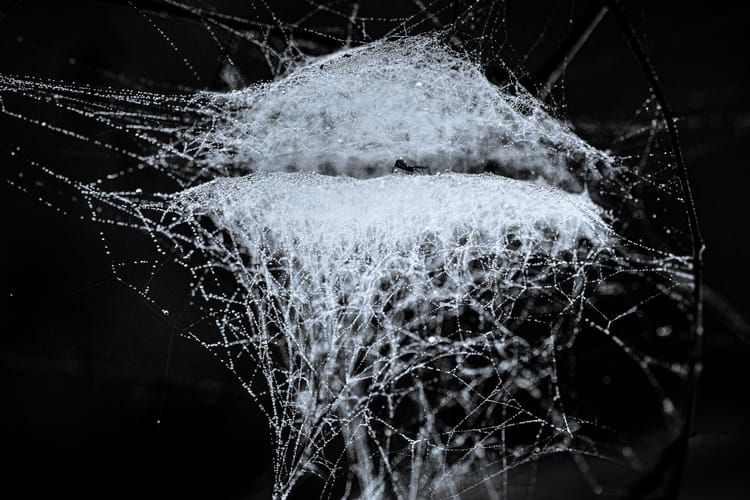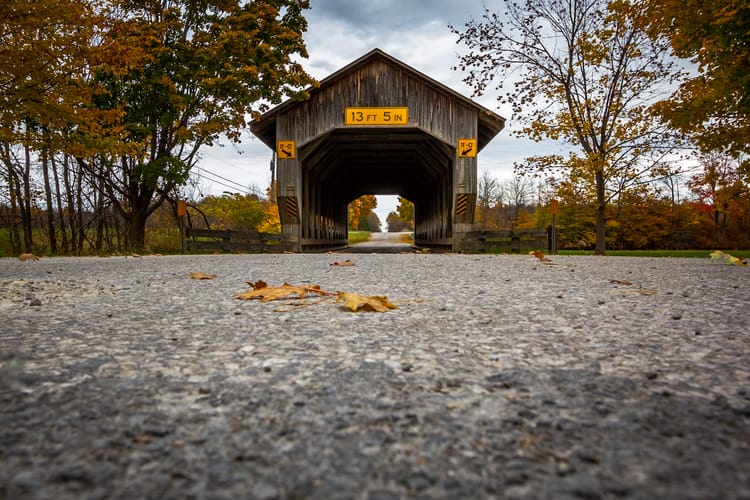6. Lorraine A Padden ~ the ones that flower

As we settle into a new year, we may find our minds recentering on our goals and intentions, whether related to writing or otherwise. Even if resolutions aren’t part of our practice, the pull towards renewed purpose comes hand in hand with this time of year.
The work of our featured Fellow for January, Lorraine A Padden, exemplifies the role of purpose in haiku. Lorraine writes because she has something to say. The act of observation is only half of the equation for her – what she senses in the world takes on a voice boldly proclaiming survivorship and allyship through poetry. Her choice of haiku and related short forms as her medium is an astute part of this purpose. The concision of haiku leaves space for the reader to linger, and it is within this space that Lorraine dares us not only to see what she sees, but to respond to what she sees. She invites us to be active participants in and through her work. Sure, she tells us in her poem that “glock” rhymes with “clock”; but within the moment that she captures, she dares us to consider, what else rhymes with “clock”? What then do we do with this observation?
The expectation that Lorraine has of her readers to actively participate in her poetry helps to build her community and followers, and we gladly accept the invitation to join her.
Antoinette Cheung, confluence co-editor
poems
lane markers
another haiku
crosses the line
cold moon, 2021
out of body experience
the long drive
out of Texas
tsuri-dōrō, 2021
loose tea
Sunday morning
without a sermon
Kingfisher, 2022
white daffodils
near a pedophile’s grave
daughter bulbs
tsuri-dōrō, 2021
RBG
the outspoken pattern
of a lace collar
brass bell, 2022
Since 1970 (adverse) Family (childhood) Owned and (experiences) Operated
bonsai
the hips on a jack pine
shaped into service
Upwelling, 2022
exposed bedrock
the all-white jury
acquits
Honorable Mention, Bloodroot Haiku Award, 2022
sheets to Klan robes the whites of their eyes
Upwelling, 2022
rhymes with clock the glock in a young boy’s hand
Failed Haiku, 2024
chimneys
long shadows
over Dachau
Bottle Rockets, 2019
sunset
a ceasefire
seeps into crimson
Modern Haiku, 2024
ten o’clock curfew
ending the protest
hunger moon
Frogpond, 2020
line at the food bank
the distance
between meals
The Haiku Foundation Haiku Dialogue 2021
purple bloom
of a new moon
cheek bone
Time Haiku, 2023
red lights
a hierarchy
of needs
Kingfisher, 2021
misty night
on her usual corner
halo effect
tsuri-dōrō, 2023
traffucking
#FemkuMag, 2024
every fifth of gin
how often
it never happened
Kingfisher, 2023
border crossing
the gaps between
prayer flags
Blithe Spirit, 2024
early morning fog
tripping over
the pronouns
tsuri-dōrō, 2022
children gathered for the pray(er)
company weigh-in the off-white swan
Kingfisher, 2023
deep lake
his singular ashes at the bottom
of the food chain
Mariposa, 2024
bearded iris their blossoming pronouns
Bloo Outlier, 2021
unbless some*
It’s the early service and the cross on top of the mega church casts a long shadow over the cars assembled in the parking lot. By day’s end the lot’s empty and shorter silhouettes creep onto the edges of the pavement; the tents are gone at first light. Parishioners complain about trash left on the property, so church leaders vote to surround the sanctuary with a fence and coded gate.
manicured lawn
the persistent threat
of a weed wacker
*title borrowed from Shakespeare Sonnet III
Blithe Spirit, 2022
many maiden gardens yet unset*
planting seeds
FLIX announces the 2026 world premiere of “The Weinstein Chronicles,” the long-awaited biopic that highlights the legendary filmmaker’s pioneering efforts to fully legitimize “transactional sex” - a strategy experts say has already become the de facto choice for women hoping to succeed in Hollywood.
the ones that flower
Key to this triumph is Weinstein’s shift away from film production toward research and development of a patented DNA-resistant fabric coating. Already drawing record levels of investment capital to the project, Weinstein’s venture is poised to ensure his capacity - despite incarceration - to saturate the market with his latest tour de force.
the ones that don’t
*title borrowed from Shakespeare sonnet XVI
Drifting Sands Haibun, July, 2024
Permission
because she couldn’t say
a rogue stray begs for food
because she couldn’t
a chrysalis hangs in the upside down
because she
another slammed door
because
wombs are wordless
Pan Haiku Review, July 2024
essay
moments of inclusion
I take a both/and approach to haiku and its many related short forms. On one hand, I appreciate traditional haiku moments that might exude a sublime transcendence, and as a writer I invite that peaceful pause that allows poignant and often beautiful juxtapositions of evocative things so much greater than myself to emerge and resonate across a world of life-cycle arisings and passings away—that just might manifest as a haiku. And, I consider that aspiration only half of the goal in writing these small poems.
The other half of my creative endeavor involves bearing witness to moments of suffering in the human and natural worlds. I choose to turn toward violence, oppression, injustice, and trauma, allowing these themes to inform my haiku practice. After all, these dark energies are as close to the heart of experience as any other aspect of reality that finds its way into the genre. As an abuse and trauma survivor, suffering has deeply informed my own life experience, and it’s one heartbreaking through line for others that have welcomed me into community—in recovery groups, soup kitchens, prisons, and other settings.
These themes seem somewhat meagerly included in leading haiku publications and commentaries. Perhaps a shying away from certain shadow subject matter has something to do (at least here in the US) with adherence to a set of stereotypical norms embedded in the practice as haiku became popularized in the West some 70 years ago – norms that welcomed certain types of content by certain genders/classes/ethnicities/types of poets, while disfavoring others. Not an unfamiliar occurrence.
This notion leads to questions of representation. Whose/what experiences are we writing and reading haiku about as allusions to the universal? What/who is not being witnessed or expressed in haiku and related forms? And, who gets to define what’s universal and worth considering as appropriate content?
I look for moments of inclusion – of natural beauty and degradation; harmony and conflict; isolation and solidarity; injustice, safe passage, and restoration. My wish for haiku is for it to bear witness to the totality of experience. I believe we can trust in the fullness of these tiny words to hold it all.
I published a book in 2022 called Upwelling that speaks truth to many powerful dark energies. I donated a portion of book sale proceeds to Zen Peacemakers International, an organization engaged in peacemaking initiatives around the world.
After a career as a professional classical ballet dancer, and two degrees in art history, Lorraine held leadership positions across fields of non-profit administration—in program design, education, and capital fundraising for performing arts and higher education institutions. Lorraine has served as a Fellow at the National Endowment for the Arts, and currently advises Boards of Directors on strategic planning and member diversification.
An experienced meditation practitioner, Lorraine designed and facilitated mindfulness meditation programs for incarcerated youth in San Diego. She has facilitated victim-offender dialogue with the Restorative Justice Mediation Program, which offers youth offenders the opportunity to avoid punitive measures by taking part in the active repair of individual and community harms. Recently, Lorraine completed formation training in the Zen Peacemakers Order, a compassionate social action and justice program inspired by the teachings of Bernie Glassman and the practices of Zen Peacemakers International.
commentaries from Fellows
David Green & Vandana Parashar
David Green
Duality. While reading Lorraine A Padden’s poetry, as well as her bio and essay, I kept coming back to that word. For her, “traditional haiku moments” with their “peaceful pause” and “poignancy and beauty” are only half the equation. She is compelled also to seek and “bear witness” in her poetry to what she calls “dark energies” - hard subjects, ones, perhaps, that you are not supposed to talk about in polite company (or haiku), the “shadow subject matter” - injustice, trauma, oppression - which are just as much a part of human experience as anything else.
What stands out in her work is not that she takes on such subject matter (from her lived-experience as well as that of others), but how well she does so, how beautifully and powerfully without being prescriptive or pedantic.
Padden expands the notion of what haiku can be - and who/what can be represented - in a way which will draw readers in and make them consider (or reconsider) what haiku can be. At the same time, her poems cause a reader to ponder myriad dualities, which Padden highlights: “beauty and degradation; harmony and conflict; injustice… and restoration.”
I love that Padden’s haiku in the set above begins with this one:
lane markers
another haiku
crosses the line
This haiku serves as a notice to the reader as to what follows and the type of poet Padden is. The poem announces, “This is a line-crossing poet!” - one who questions those lines and wonders who they include/exclude. Then, in ways which are nimble and fierce, subtle and direct, she crosses those lines out of necessity and desire.
As much as the poem above trumpets its intentions, this one does the opposite:
purple bloom
of a new moon
cheek bone
The phrase reads as a fairly traditional haiku - an image, a kigo, an observation of the moon. This makes the fragment so devastating and effective, both in its simplicity and impact. Padden, as foreshadowed in her opening poem, has gone outside the “lane markers” - the poem does not end with “lapping waves” or “steeping tea” but “cheek bone” which forces the reader (whether they want to or not) to reconsider “purple bloom” and its referent and implication, and to also contemplate “new moon” - invisible and hidden - in a new light as well.
And when out-and-out bluntness seems to be the way to go, Padden does not shy away from that, offering this poem which, while clever, more importantly is unblinking and unsettling in its directness and power.
traffucking
Vandana Parashar
After reading Lorraine’s poems in various journals, blogs and then here, my admiration for her as a poet and a person has strengthened. Her work is bold and boundary-pushing. As she puts it, her approach to haiku and related forms is “both/and” and her poems bear a testament to that.
lane markers
another haiku
crosses the line
This haiku sets the tone for the rest of her work and emphasises that haiku can be a medium of challenging traditional boundaries and “crossing the line”. This sentiment lurks throughout the body of her work.
Lorraine skillfully delves into politically charged and socially relevant subjects. She confronts her past of abuse and trauma by writing about these with utmost honesty and unflinching precision.
out of body experience
the long drive
out of Texas
Whatever I know of Texas is from the movies and shows, so I can’t be sure if Texas has been figuratively used for its conservative values or just literally. I do know that reading this poem gave me a feeling of liberation, of feeling light after leaving behind toxicity and trauma of the past.
Lorraine directly confronts social issues such as racism, gun violence, sexual exploitation, gender identity with poems like:
exposed bedrock
the all-white jury
acquits
early morning fog
tripping over
the pronouns
The raw, unadorned language of Lorraine’s single word haiku “traffucking” forces readers to confront the horrific realities of sex trafficking and exploitation. In a single word she has conveyed the violation of human bodies with an unprecedented force and honesty.
Her haibun are critical of capitalist systems and the power dynamics of institutions. The haibun “unbless some” criticises the hypocrisy of religious institutions with their exclusionary practices. The “many maiden gardens yet unset” gives a scathing insight into the unjust power tipping in the favour of the influential despite their fall from fame.
Lorraine masterfully navigates difficult, multifaceted issues with precision and emotional depth, all the while maintaining haiku’s spirit. Her voice is courageous, uncompromising and sincere which pushes the boundaries of pre-conceived notions and effortlessly shifts between deeply personal reflections and broader social issues.
Thank you for reading! We invite you to continue the conversation by hitting the "comment" button below. Feel free to share your favorite poem of Lorraine's, your reactions to her work, or feedback for the journal. Lorraine and the editors look forward to reading and responding to your comments.
If you liked the issue, we also welcome you share this with others in your community. Stay tuned for the next issue in February!






Member discussion